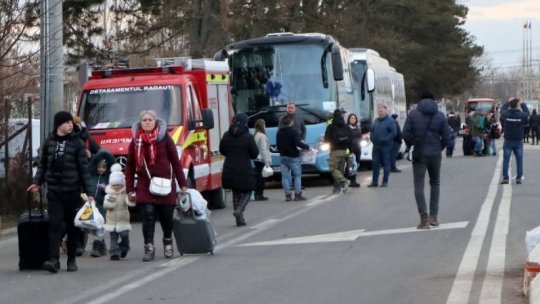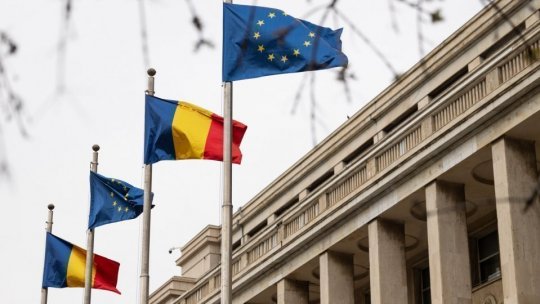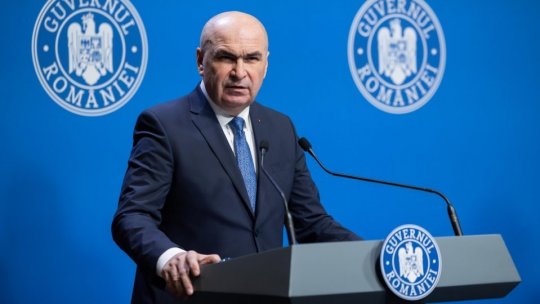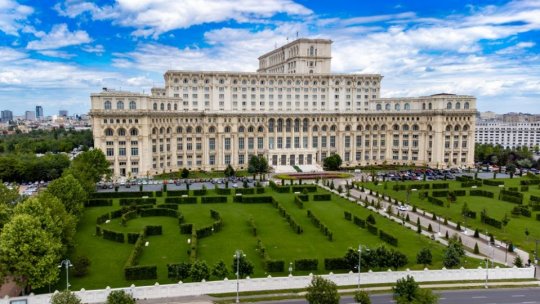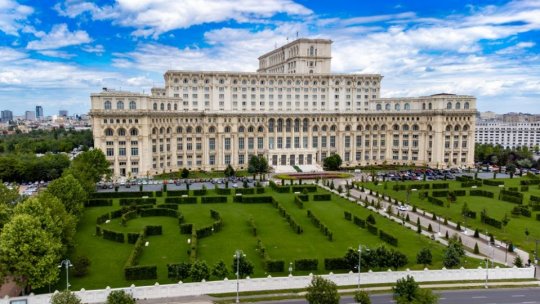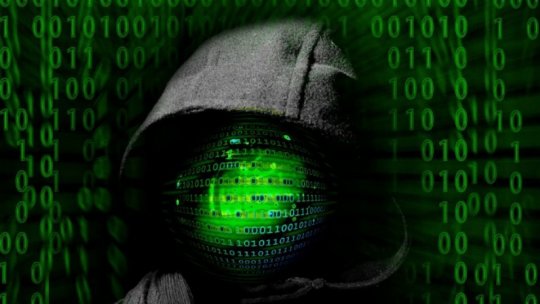Anti-Terror Rally
Millions of people protested on Sunday against last week's terrorist attacks in the French capital.
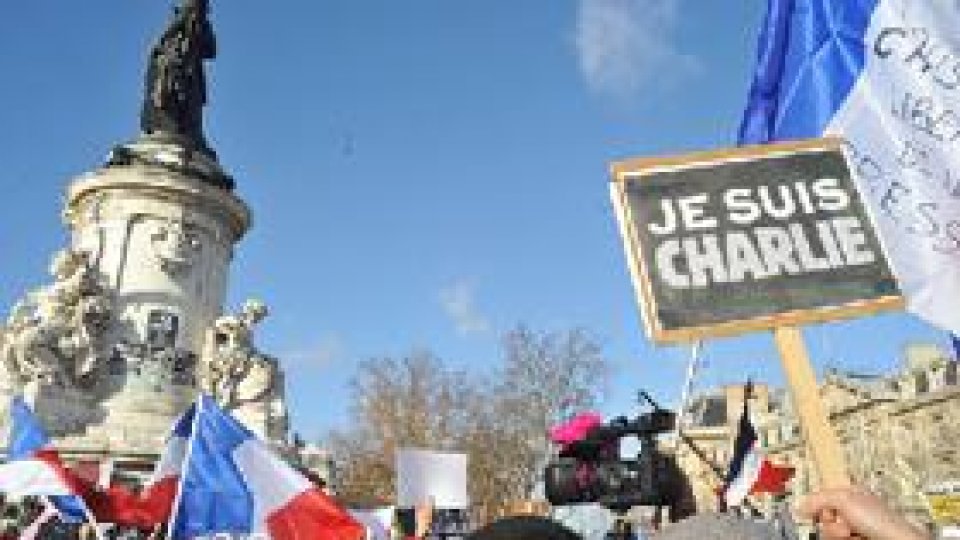
Articol de Radio România Internaţional, 13 Ianuarie 2015, 11:54
"We are not afraid" was on the lips of nearly 2 million people who participated in last Sunday’s anti-terror rally in the French capital city Paris.
In other large cities in France but also elsewhere in Europe millions of people marched and stood up for their fundamental rights, the right to life and freedom of speech.
Bound by a traditional and strategic partnership with France, Romania too was appalled by the massacre in Paris, where a total of 17 people were killed and another 20 wounded by three fanatic gunmen.
Whether we’re talking about the cartoonists, the clients of a kosher grocery store or police officers, their killing has become iconic and representative of what extremists hate most.
We are all potential targets, as hate and terror know no boundaries, said president Klaus Iohannis, who joined the rally together with dozens of heads of state and government from all over the world in a show of solidarity with terror-struck France.
“It was not a march of French solidarity, but one of international solidarity, a signal of our determination to combat terrorism and extremism of any kind. There were not just Europeans who joined in the rally, but also Christians, Muslims, Jews, atheists and agnostics.
"Arab States too were represented in the march and there were also high-ranking Israeli officials. Everyone voiced concern with these growing terrorist and extremist threats”, president Klaus Iohannis said.
All civilized countries share both the solidarity and the concerns that are felt so acutely in France these days.
However we are yet to a see a unanimous view as to the source of these attacks and the solutions aimed at preventing suck attacks in Paris and worldwide.
Beyond the wave of compassion that has gripped social media, not everyone was quick to embrace the already viral slogan “Je suis Charlie!”
Not everyone seems to relate to the disputable sense of humour of this satirical magazine, a rather minor publication until recently, which made its mark mostly by satirizing any kind of religious belief.
Also, the shootings seem to have caught the experienced French police off guard.
In the long hours following the storming of the Charlie Hebdo headquarters, the authorities seemed unable to apprehend the three perpetrators, despite the 80,000 armed police officers and special forces deployed.
In the end, that series of violent attacks has only deepened the cultural gap between the Western countries and many of their own inhabitants, revealing the authorities’ dramatic failure to integrate wave after wave of immigrants.
The Paris attacks were not the work of a jihadist commando from Northern Africa or the Middle East.
Two of the perpetrators were bothers, both born and bred in France, who had received a typically Western education.



